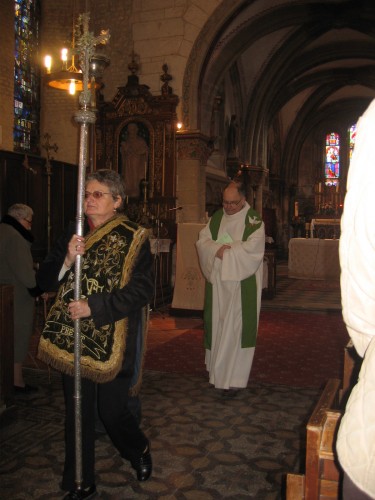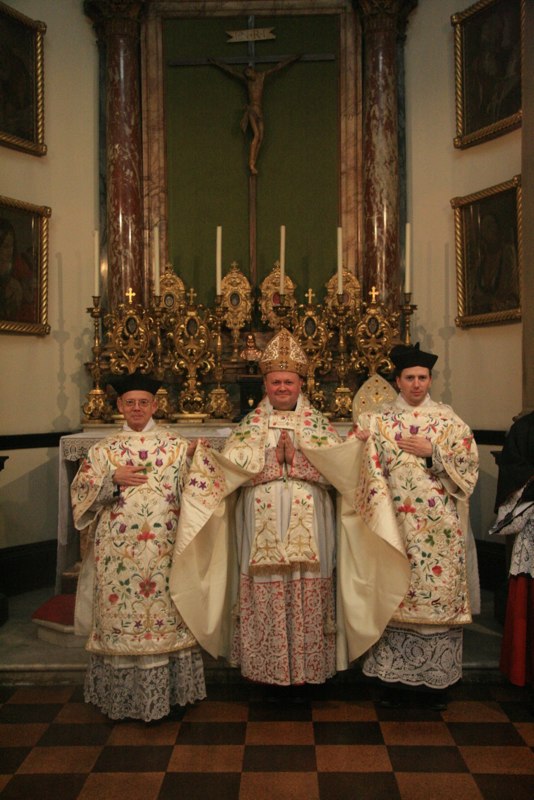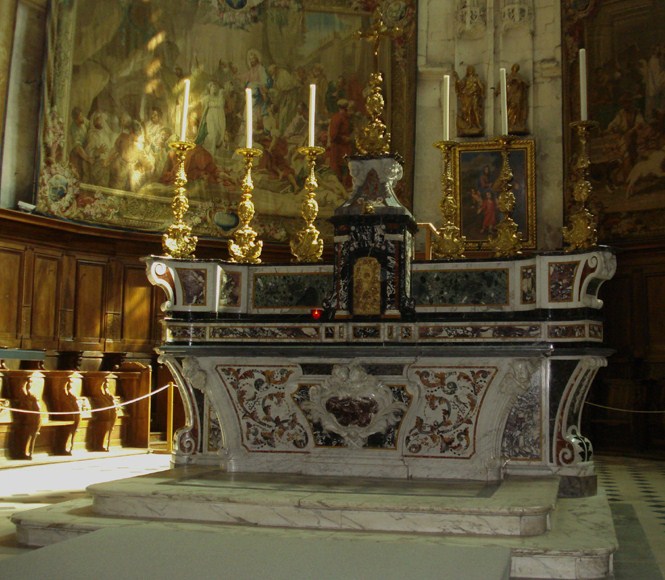 |
| S.E.R. Mons Fernando Filoni |
What's happening in the Vatican?Well, thanks be to God, we have a Pope who is governing the Church, Summorum Pontificum, Anglicanorum Coetibus, etc.
We also have a Cardinal Prefect of the Congregation for Divine Worship who tells us almost every time he is interviewed that the liturgical reform went wrong and that it is time for a reform of the reform. That, by the way, seems to be nothing much more that what his boss said when he was a Cardinal, and before his boss, now a Pope, called him to Rome to do that job.
This week news leaked about a new Motu Proprio reorganising the Congregation for Divine Worship so that it will concentrate in the future on...the liturgy. There is also speculation that this Motu Proprio might mention a “new liturgical movement” and somehow insist that the reorganised Congregation get on with realising this.
Then we have the official denial of the Vatican spokesman that says: “there are no grounds nor reason to see in this an intent to promote a control, of a 'restrictive' kind, by the Congregation, of the fostering of the liturgical renewal willed by the Second Vatican Council.”
 |
"Is there something you forgot to send to Cardinal Canizares, Excellenza"? |
Er, what? Why? Has someone in the Secretariate of State had a fit over this forthcoming Motu Proprio or something? Did Archbishop Filoni flip at the possibility of the Pope proceeding with the reform of the reform? Has everyone forgotten that, actually, “the liturgical renewal willed by the Second Vatican Council” has never been seen?The Pimpernel is full of filial devotion for the Holy Father. Ad multos annos! He has respect for the work of Cardinal Canizares. But he fears that somewhere in between the papal apartments and the Secretariate of State on the third floor of the Apostolic Palace, and the Congregation for Divine Worship across the piazza, some disciples of the past dark days, are working against the Holy Father’s program of governance.
Where is the Instruction on the implementation of Summorum Pontificum? Where is the rumoured return to the traditional manner of receiving Holy Communion? Where are the other long-rumoured parts of the reform of the reform? Who, at this moment, is running a red pen through the ‘offensive’ phrases of the coming motu proprio and preparing a briefing for the Holy Father on why they simply must not be used? Who dictated the “denial” to Father Lombardi?
Where is the problem? It is not with the Congregation of Divine Worship because Cardinal Canizares and Archbishop Di Noia stand with the Pope. Perhaps it lies with the reorganisation, introduced by Paul VI, that means everything going to or coming from the Pope goes via the Secretariate of State? Cardinal Bertone is the Pope’s man. But what of the Substitute for the General Affairs of the Church? Perhaps the 'ministry' of Archbishop Filoni’s department holds the answer?
























